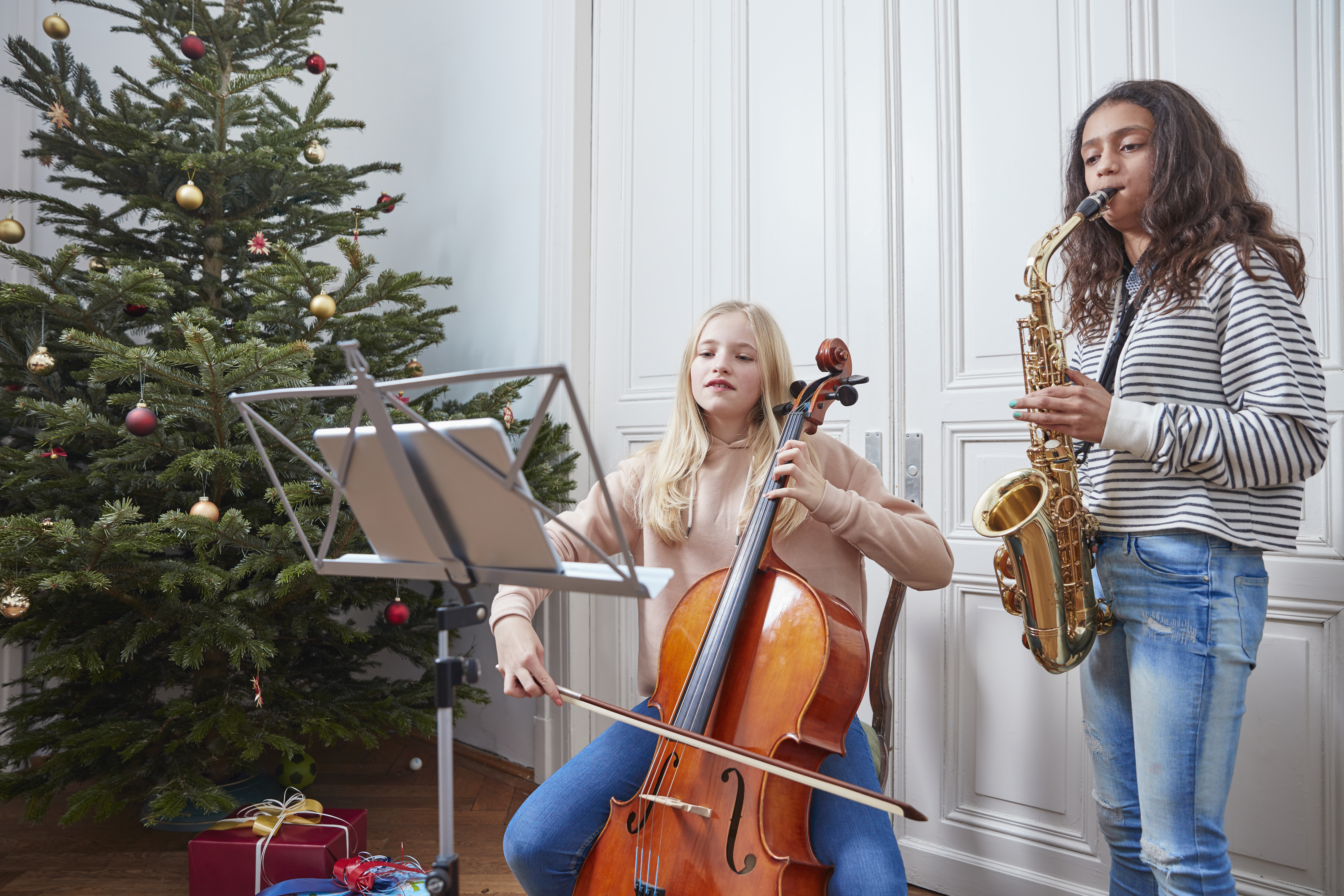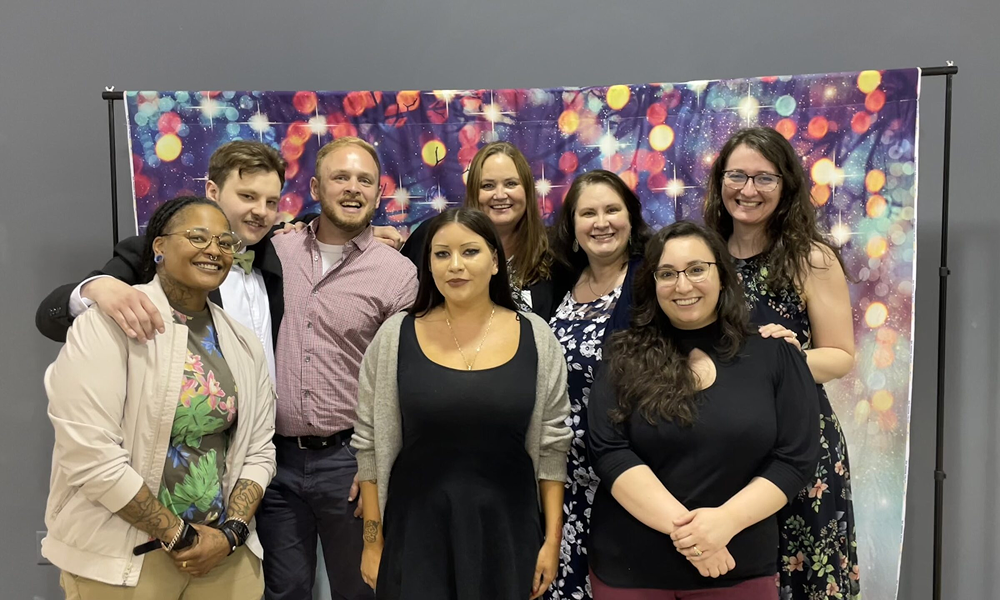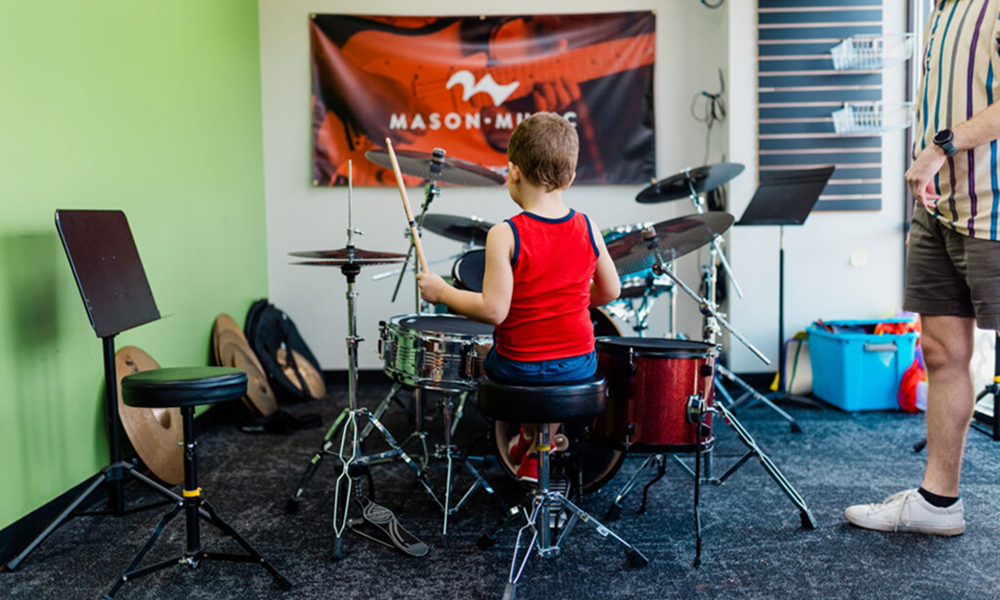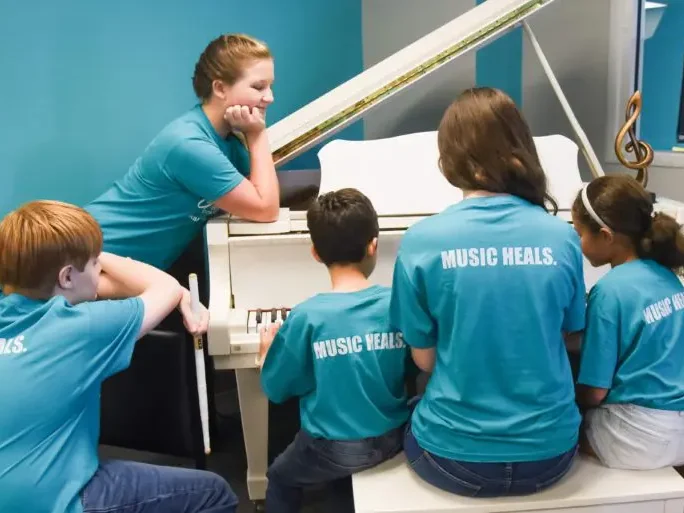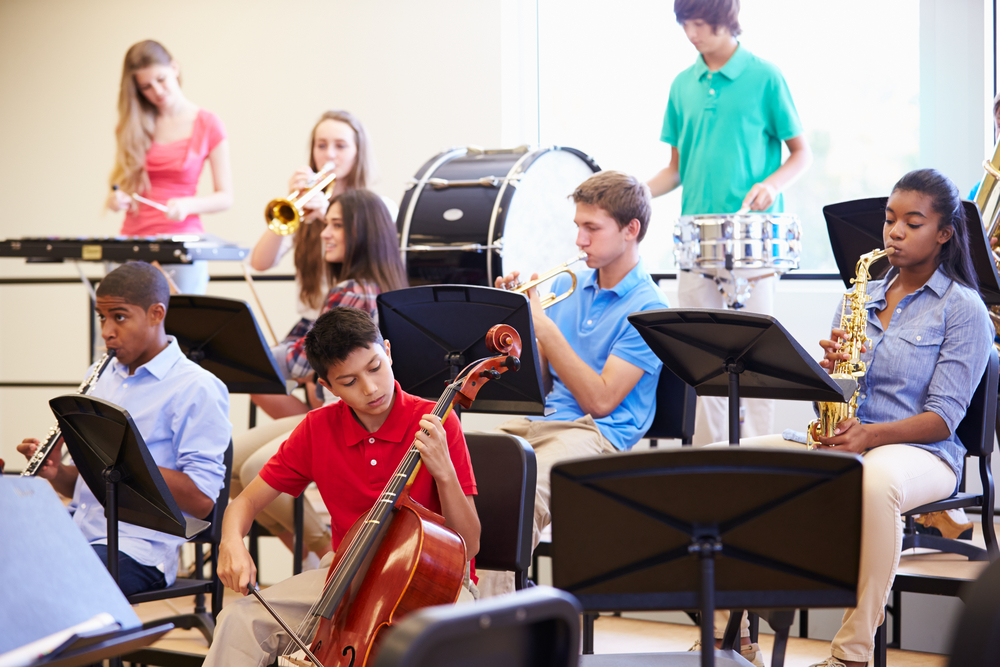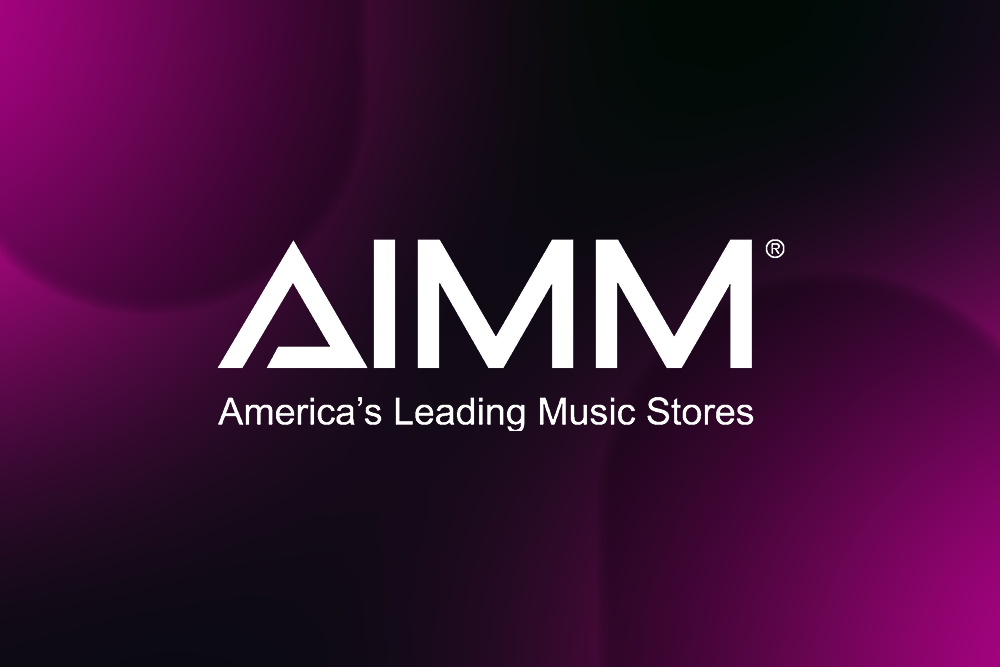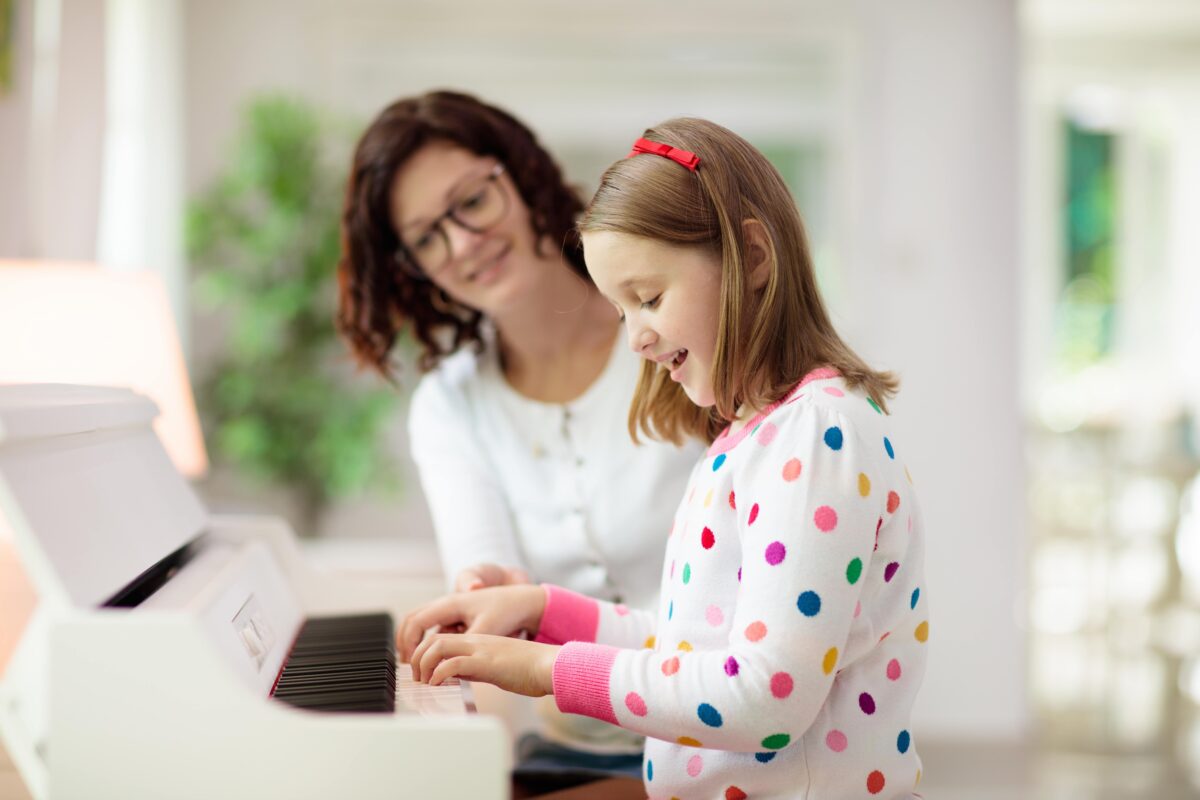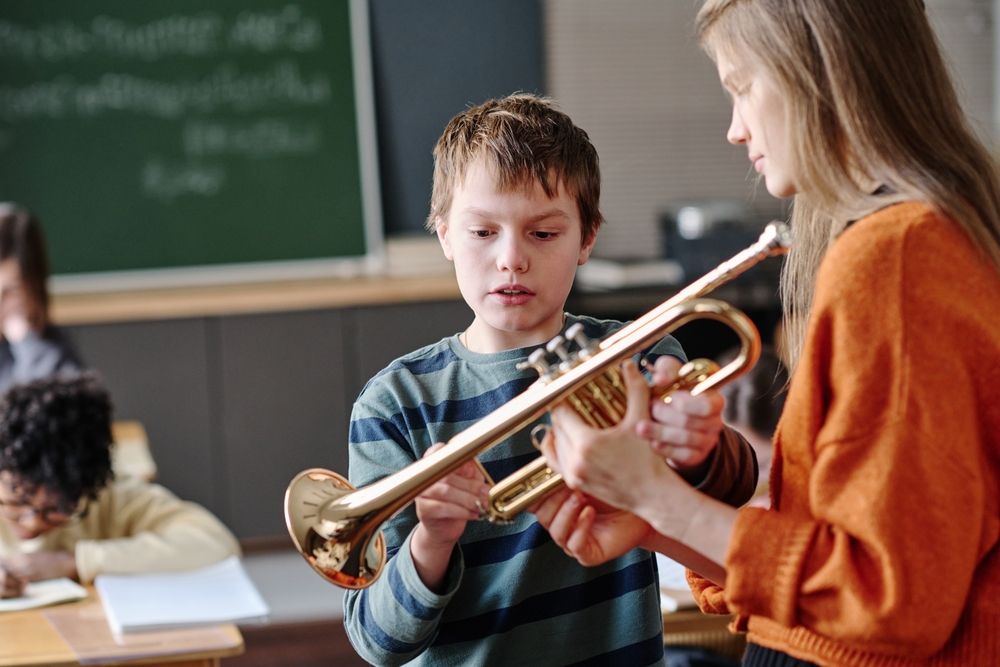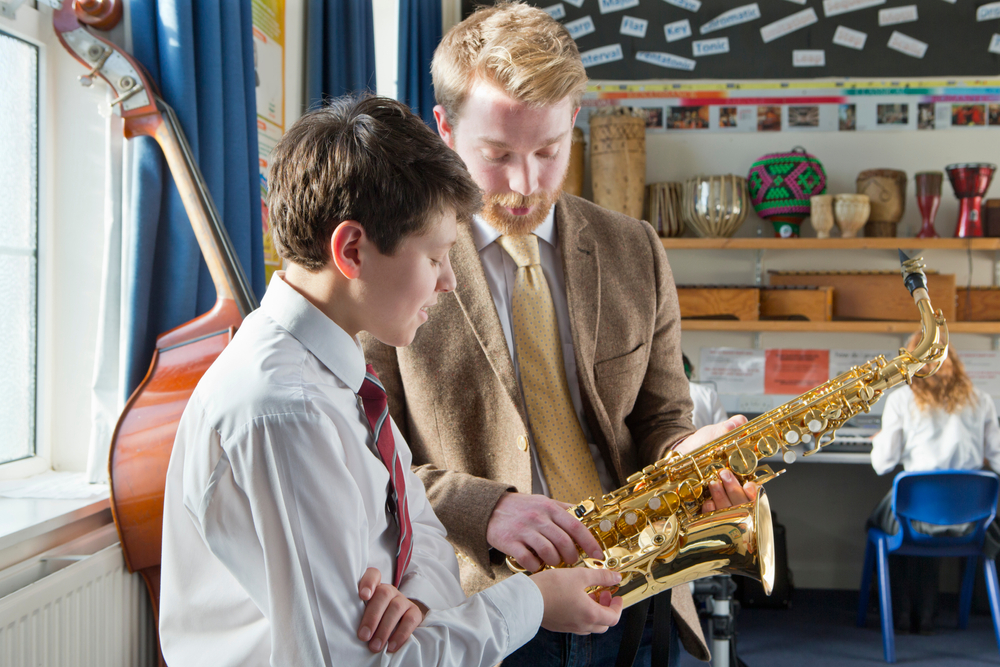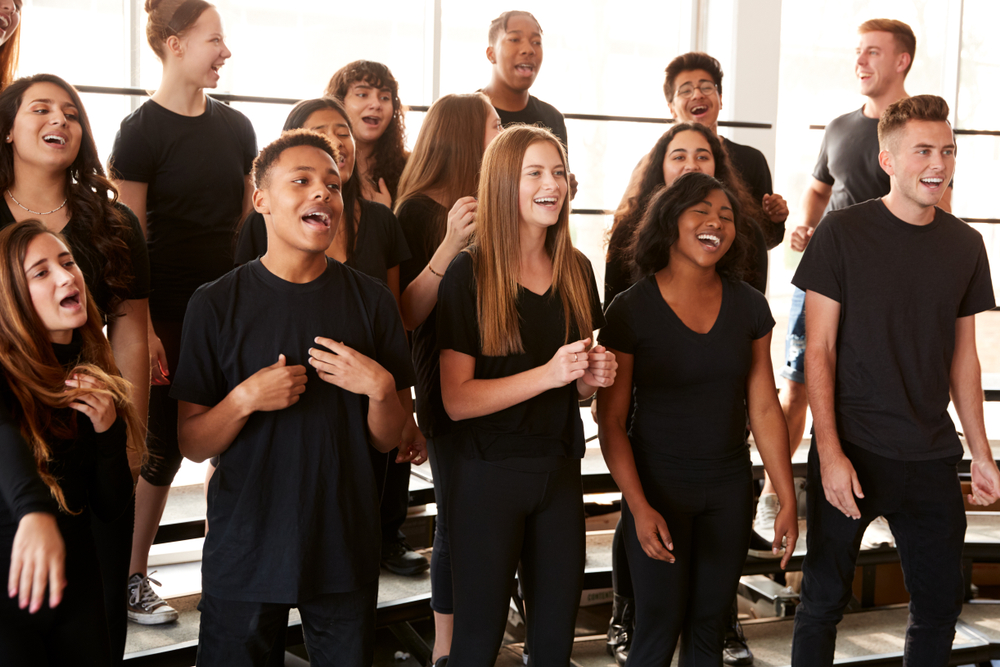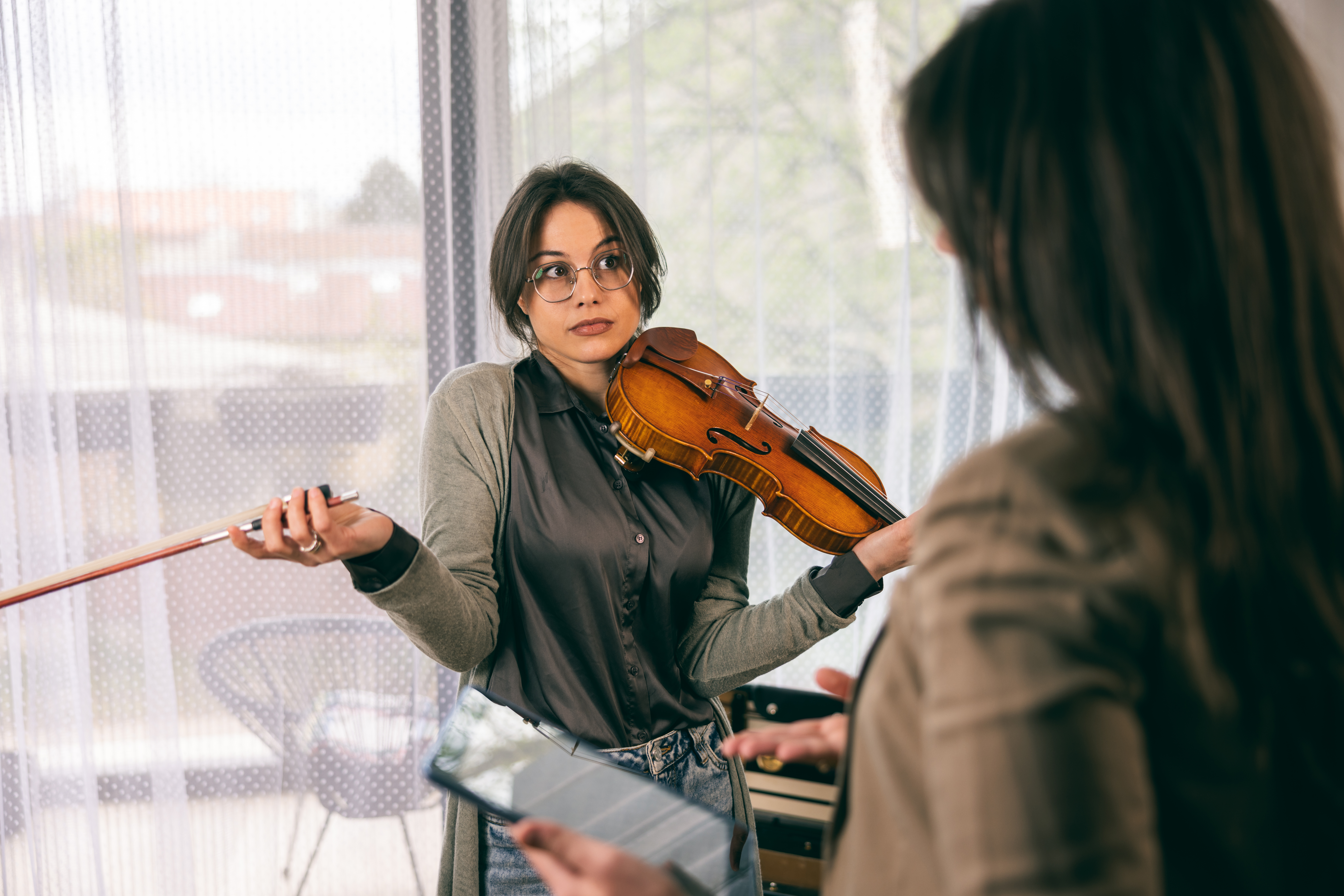In this testimonial, Christopher Luis Jorge of Seven Drum City shares how Opus1 reduced scheduling workload and empowered students. He highlights the flexible features and improved experience compared to Mind Body.
Summer attendance can dip, but smart marketing can help you stay full. In this post we explore three simple ways to promote your summer programs using social media, local partnerships, and timely offers.
Monthly music school newsletters are a simple, low-cost way to boost enrollment, retention, and referrals. Learn how to structure, design, and automate newsletters that parents actually read—with real examples from Opus1.
Growth is every music school owner’s dream—but it can get messy fast. In this post we explore how New Song School of Music founder Michael Hemsworth scaled from a single piano studio to a 500-student operation, and why sustainable growth starts with systems that keep up with your vision.
In this testimonial, Christopher Luis Jorge of Seven Drum City shares how Opus1 reduced scheduling workload and empowered students. He highlights the flexible features and improved experience compared to Mind Body.
In this testimonial, music school owner Marlayna Goosby shares how Opus1 streamlined billing, makeup lesson scheduling, and text communication. She highlights the easy switch from Jackrabbit Music, user-friendly design, and outstanding support.
This testimonial showcases how Opus1 revolutionized school management for Mason Music. Transitioning from various systems to Opus streamlined processes, enhanced student and teacher relations, and provided invaluable networking opportunities with other schools.
In this testimonial, music school owner Marlayna Goosby shares how Opus1 streamlined billing, makeup lesson scheduling, and text communication. She highlights the easy switch from Jackrabbit Music, user-friendly design, and outstanding support.
Back-to-school season is hectic for families—and even more so for studio owners. In this post we review a detailed checklist to help you prep for the new school year, from scheduling and enrollment to marketing and automation.
Opus1’s partnership with AIMM gives independent music retailers new tools to grow their lesson programs, deepen customer relationships, and boost sales.
Music education is evolving—and data is driving the change. This post explores how analytics tools help educators personalize instruction, boost engagement, and track student progress more effectively.
Summer attendance can dip, but smart marketing can help you stay full. In this post we explore three simple ways to promote your summer programs using social media, local partnerships, and timely offers.
Scheduling shouldn’t be a struggle. This post explores how music schools can use smarter tools to simplify lesson planning, improve communication, and support better learning outcomes.
Running a music school is about more than great lessons—it’s about smart operations. This post explores how management platforms drive ROI by streamlining admin work, improving retention, and freeing you to focus on what matters most.
Today’s music classrooms are more diverse, dynamic, and digital than ever. This post explores how creative teaching strategies and tech integration can help educators engage every student and foster a lifelong love of music.
A well-managed music classroom is the foundation for inspired learning. This post explores practical strategies to keep students focused, foster positivity, and make your classroom a space where music—and learning—can thrive.
Marketing a music school today means more than flyers and word-of-mouth. In this post we explore how to build a strong online presence through audience targeting, content marketing, and digital advertising—so you can connect with the next generation of students.
Managing make-up lessons is one of the toughest challenges for music schools. Discover how automation with Opus1 keeps teachers’ schedules full, reduces admin stress, improves student retention, and helped one school scale from 400 to 1,400 students. A smarter way to handle make-up lessons and unlock growth.
Managing make-up lessons is one of the toughest challenges for music schools. Discover how automation with Opus1 keeps teachers’ schedules full, reduces admin stress, improves student retention, and helped one school scale from 400 to 1,400 students. A smarter way to handle make-up lessons and unlock growth.

